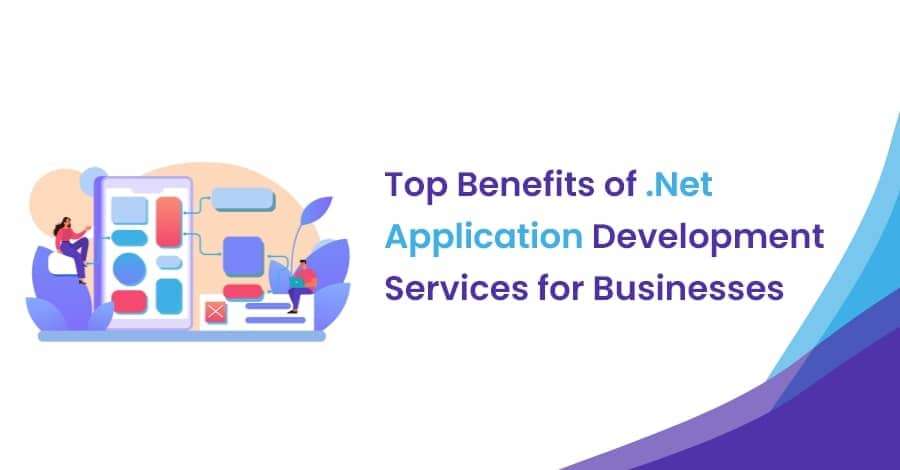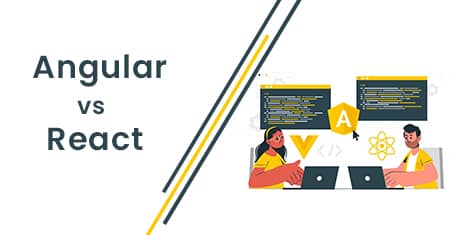
19 Dec Pros and Cons of Choosing Java Development For Your Project
19 December 2022

When it comes to software development, Java is one of the most popular and powerful programming languages. It is versatile, reliable, and highly secure, making it a great choice for a wide range of projects. However, there are some pros and cons to consider when deciding whether or not to use Java for your project. In this article, we’ll explore the advantages and disadvantages of Java development, so that you can decide whether it is right for you.
What is Java?
Java is a general-purpose programming language that is concurrent, class-based, object-oriented, and high-level. Java was first released in 1995 by Sun Microsystems, and it is open-source and cross-platform. There are various versions of Java, including Java SE, Java EE, and Java ME. Java SE is the standard version, whereas Java EE is the Enterprise version. Java ME is the Micro edition of Java, which was designed for embedded systems. The language is typically used in Computational Science, Systems biology, Business, the Internet of Things, Machine learning, and Robotics. It is comparable to C++ in terms of its features and use.
Java is an excellent choice for software development because it is scalable and secure, and it can be used for a variety of projects. Java interoperability makes it possible to use existing libraries and code, and it can be used across various platforms and devices. Java development also has a low-entry barrier, which makes it a great choice for smaller projects.
Advantages of Java Development
There are a number of advantages to choosing Java as your programming language. – Scalability: Java is highly scalable and can be used to create applications that can be run on large servers and small devices.
- Security: Java applications are typically more secure than other types of applications, making them a great option for business-related software.
- Versatility: Java developers can create a wide range of applications, making it a versatile language that can be used for almost anything.
- Interoperability: Java is highly interoperable, which makes it easy to use existing libraries and code, and it can be used across different platforms and devices.
- Simplicity: Java has a low-entry barrier, so it is easy to learn and use, making it a great option for smaller projects.
Disadvantages of Java Development
While Java has a number of great features, it also has some disadvantages.
- Verbosity: Java is known for being verbose, which means that it uses more syntax and words than other languages do. The extra words may make your code more complex and difficult to understand, which may increase your project’s risk of errors.
- Complexity: Because Java is more verbose than other programming languages, it may be more difficult to read and understand. It can also be more difficult to learn Java than other languages, especially for those who are new to programming.
- Runtime Environment: Java’s runtime environment has a reputation for being slow because of the way it is designed and implemented. While this can be a significant issue for some projects, it may not be a problem for others.
Key Features of Java
- Object Oriented Programming: Java is an object-oriented programming language, which means that it uses classes and objects to create programs.
- Concurrency: Java includes programming features that help developers create concurrent and multi-threaded programs, which makes it easier to scale and manage apps.
- Portability: Java is highly portable, which means that it can be used on a variety of devices and across various operating systems.
- Built-in Libraries: Java comes with a number of built-in libraries that can be used to create applications.
- Standard: Java is a standardized programming language, which means that all Java developers use the same syntax and structure.
- Object-Oriented Design: Java is designed and implemented as an object-oriented language, which means that it has object-oriented design (OOD) features.
Applications of Java Programming
Java is a versatile language that can be used to create a wide range of applications. It can be used for business applications, enterprise applications, and mobile apps. It can be used to create server-side apps, websites, and desktop applications. It can also be used to create games and IoT systems. Additionally, Java can be used to create software and applications for other programming languages. Java can be used to create business applications, enterprise applications, and app backend services. It can be used to create server-side and web applications and also desktop applications.
Popular Java Tools
- Integrated Development Environment (IDE): An IDE, or integrated development environment, is a tool that developers use to write software. IDEs are often used for applications created in Java because it is a common language used in software development.
- Testing: Java developers can use testing tools for debugging code and testing their applications. Test tools make it easier to find and fix bugs in code and can be integrated into IDEs.
- Version Control: A version control system (VCS) is a tool that helps developers manage and share code.
- Debugging: Debugging tools help developers find and fix bugs in code.
- Cloud: Java developers can use cloud tools to manage data and app architecture.
Java Performance and Security
Java is known for its high performance and security. High performance is achieved due to the fact that Java applications are compiled into native code rather than being interpreted like other languages such as PHP. Security is achieved through the use of sandboxes which restrict the ability of the application to access the rest of the system.
Java Support and Documentation
Java has a large community and great documentation, which makes it easy to find support and answers to common questions. The language’s documentation is extensive and provides information about how the language works and what features are available. This makes it easy for developers to find the information that they need to create applications with Java.
Java vs. Other Programming Languages
Java is comparable to C++ in terms of its features. C++ is a statically typed language and is designed for applications that need high performance. Java is a statically typed language and is designed for applications that need high scalability. Java is also a general-purpose language, which means that it can be used for a wide range of applications. Python is a dynamically typed language that is designed for applications that need high usability.
Choosing the Right Java Development Company
Choosing the right Java development company is crucial to the success of your project. It is important to find a company that is experienced in working with Java and has the skills and expertise needed to complete your project. It is also important to choose a company that has a good track record and positive reviews from previous clients. You can find a list of top Java development companies on this website.
Our Related Posts
Top Benefits of .Net Application Development Services for Businesses
.NET is an advanced application development framework that has grown immensely….
Fundamentals of Web Application Architecture
The Internet is no longer characterized by static web pages and lengthy loading times….
Angular vs React
Angular and React are two of the most popular frameworks for building front-end apps. They’re both great….





No Comments